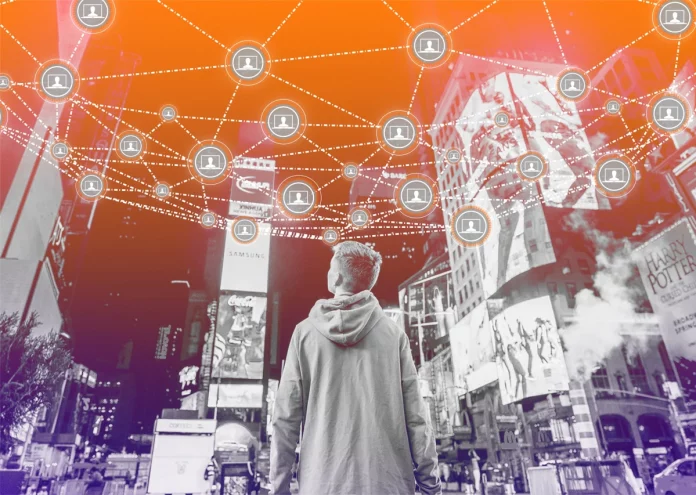Education is critical for the growth of fields like medicine, agriculture, science, and almost all kinds of industries. However, it is a complex task to run and manage an educational institute. Blockchain can provide a solution to education by giving immutable insight into the past academic history and future purposes.
In blockchain technology, a record is immutable and is impossible to counterfeit. Therefore, it prevents people from producing false certifications. In addition, Blockchain administers a trust factor regarding certificates and digital degrees, which were not available before.
The use of Blockchain for storing the records of students, staff and employees of institutes can reduce paper document maintenance. It also helps in avoiding the risk of falsifying or the chance of losing records.
The embodiment of Blockchain could genuinely create an open, traceable, regulated and transparent digitized system of education that provides a means for more accessibility without the need for expanding the number of schools and training centres.
The promise of blockchain in education
In partnership with IBM, Sony created an educational platform to guard and share graduation certificates, attendance records, transcripts, credits, and more. Moreover, this will cut down on the expense of verifying students’ credentials.
BADGR and Mozilla Open Badge are being used to provide digital certifications to students in some prestigious academic institutions. Accredible is the industry-leading digital credentialing platform. It issues secure digital certificates and badges.
For Massively Open Online Courses (MOOC) providers, Blockchain solves the apparent authenticity problem by providing a formal process of issuing and managing certificates. Examples of MOOC providers are Edx, SWAYAM, NovoEd, Coursera and many more. For example, SWAYAM attempts to bridge the digital divide for students who have inadequate access to the knowledge economy.
Disciplina has launched its alpha version functionality. It offers a student app, which students can use to store their academic records, achievements, and grade history. Employers can later look at their verified records for recruitment. Disciplina also plans to launch the “Educator app”, in which teachers can store course and syllabi information. Such platforms can impact education by introducing new models and ideas for teaching, learning, and sharing.
The use of digital currencies as rewards can further provide financial incentives to the deserved. ODEM is a decentralized learning marketplace. They use smart contracts to negotiate financial relationships between their members.
Blockchain adoption in Indian Education
As Blockchain takes initial steps towards greater adoption in India, the Central Board for Secondary Education (CBSE), in collaboration with the Centre for Blockchain Technology of National Informatics Centre (NIC), has come up with a solution using Blockchain tech named as “Academic BlockChain Documents”. This will ensure the recording and storing of academic documents of students securely and in a tamper-proof manner.
The academic documents will now be stored in a linked chain structure. Which will be utilizing Blockchain Technology, and the system is known as CBSE Academic {BlockChain} Documents (ABCD).
The impact of blockchain technology on education is immense, with endless possibilities of how it can be leveraged for optimizing learning processes, motivating research, and facilitating academic records.
Many innovative blockchain educational projects have already been launched with applications seen in verified credentials, peer-to-peer tutoring systems, and student-teacher relations powered by smart contracts.
Also check out:
